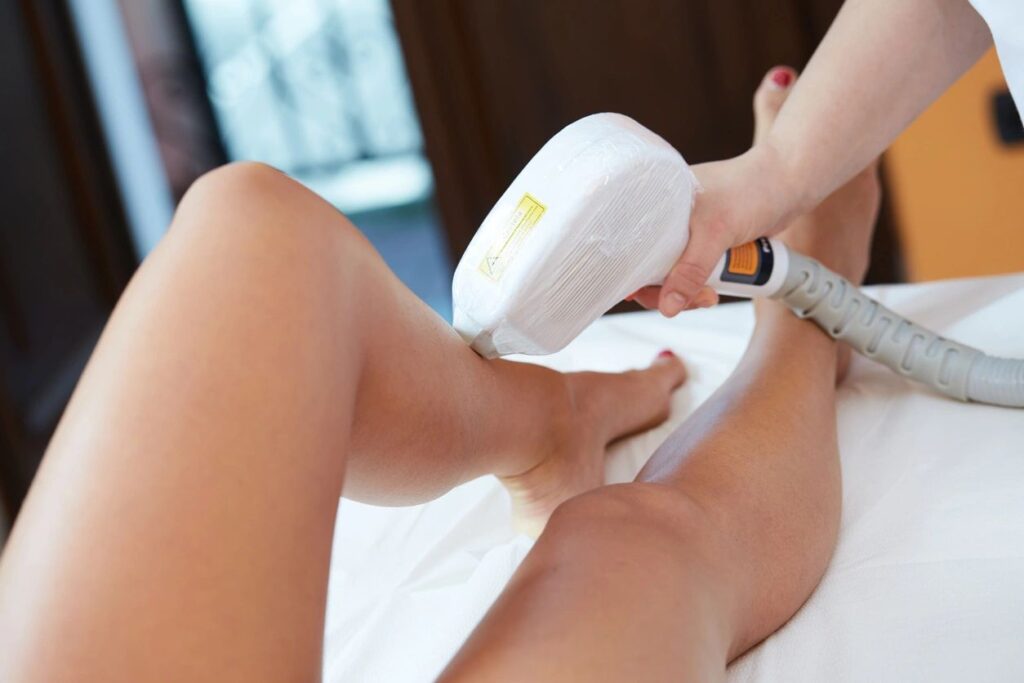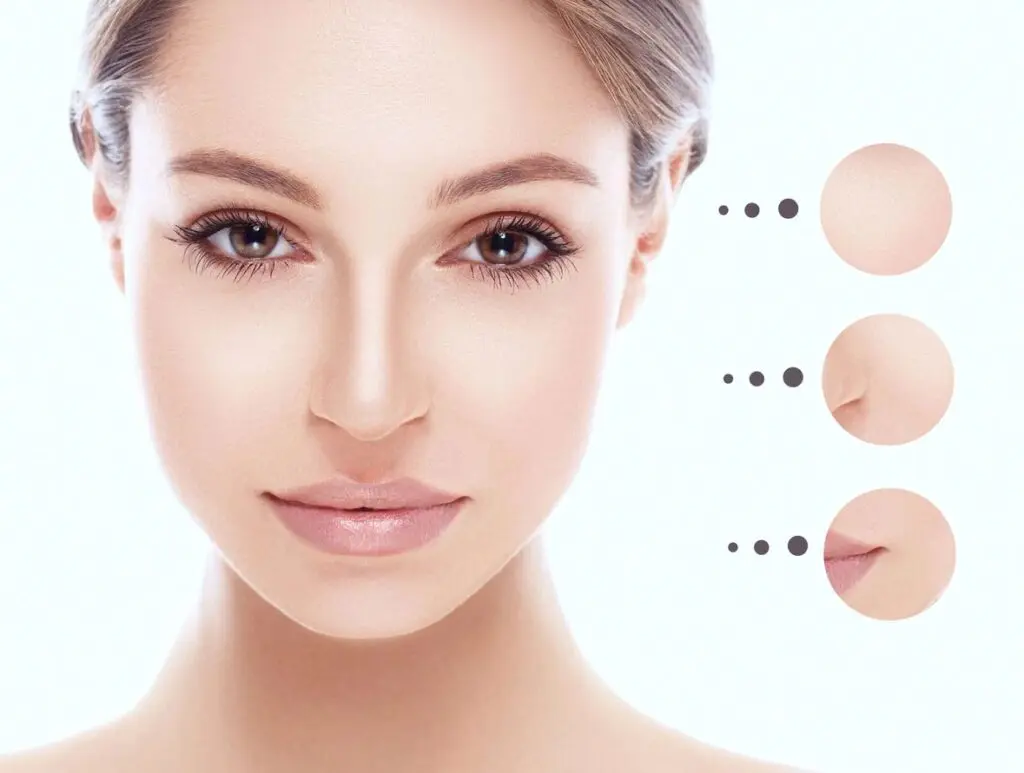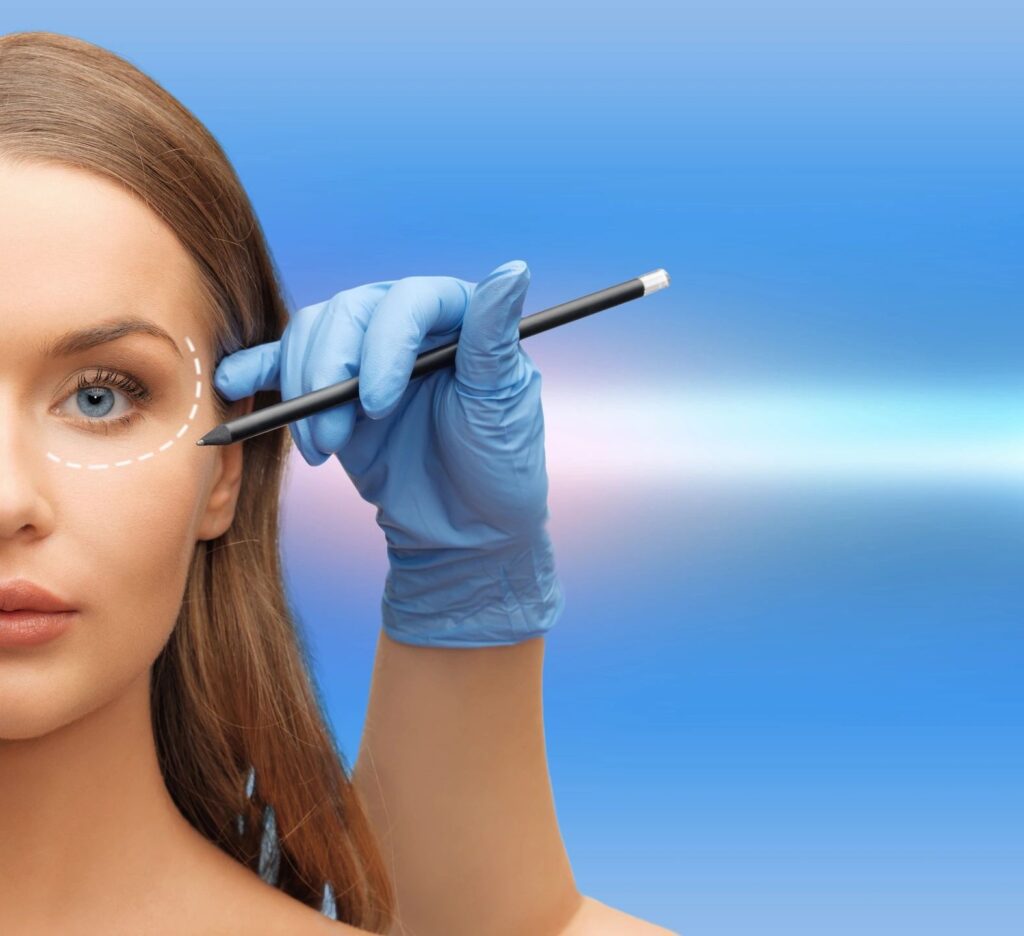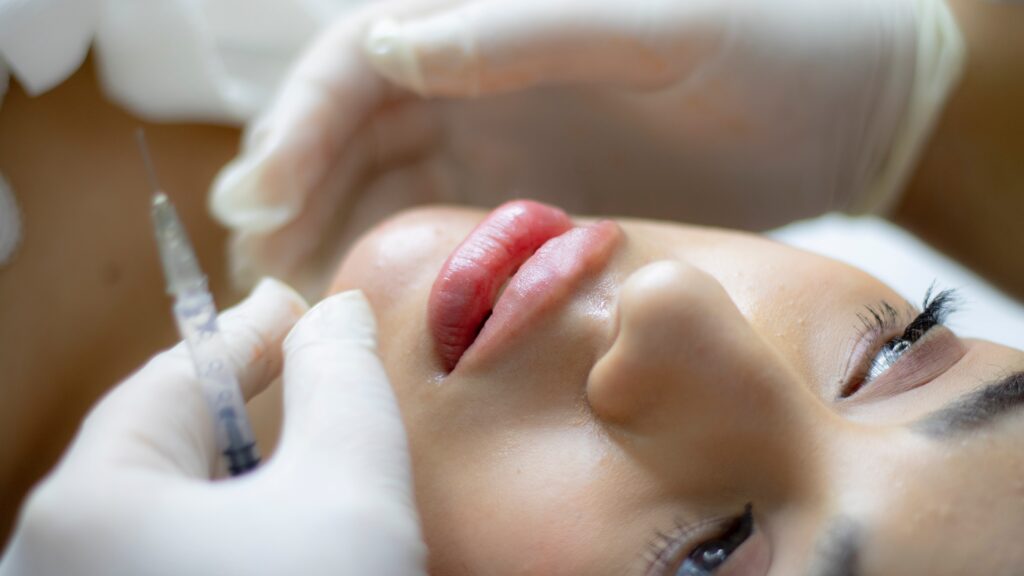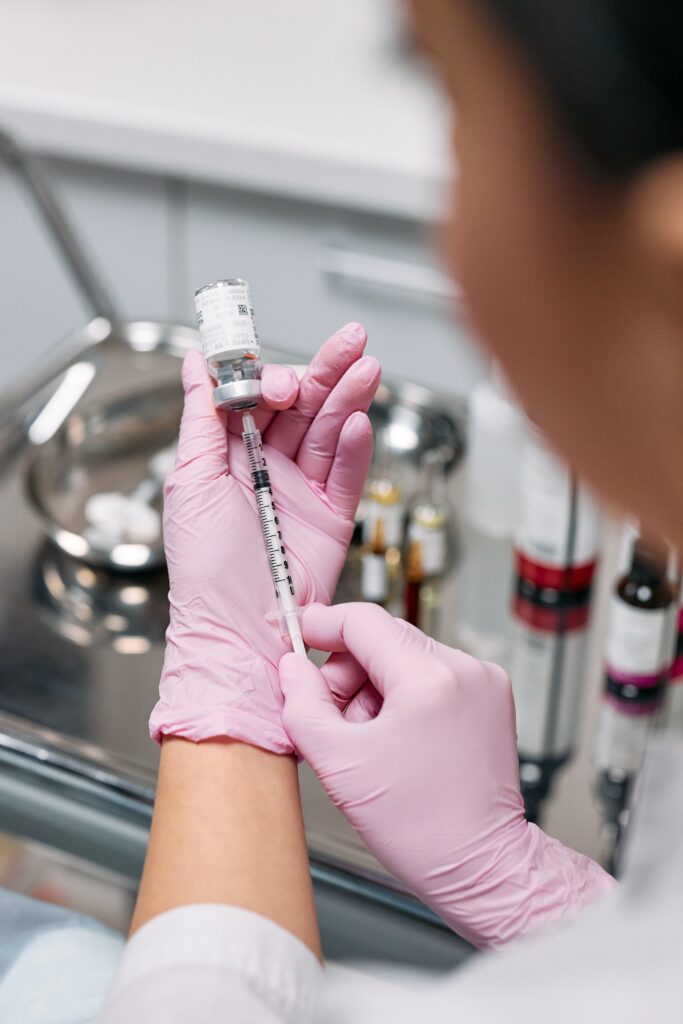Posts by Robert S. Bader, M.D., Dermatologist
Photodynamic Therapy
Photodynamic Therapy Photodynamic therapy, or “PDT”, is a therapy in which a chemical is applied to the skin and left to dry for some time and the skin is then exposed to a light source. PDT is used to treat many condition, including wet age-related macular degeneration, pre-cancers of the skin (actinic keratosis), basal cell…
Read MoreRadiation
Radiation This treatment is quite costly (often in excess of $15,000) and is usually reserved for those who are late-middle aged or elderly who are not good surgical candidates or do not wish to undergo surgery. Healing can be excellent, although 9 or more treatment sessions are needed, depending upon the depth of the tumor…
Read More5-Fluorouracil
5-Fluorouracil Cream (Efudex®, Carac®). This chemotherapy cream has been used for decades for the treatment of actinic keratosis, which are pre-cancerous growths. It is also FDA approved for the treatment of non-facial superficial basal cell carcinomas (ones that are not on the face). Treatment results in mild to severe skin irritation, appearing as redness and…
Read MoreImiquimod
Imiquimod (Aldara®) Cancer cells are not normal cells and therefore the body can recognize the change and can kill the atypical cells. Many new cancer treatments work by boosting the body’s natural immune response to help kill the atypical cancer cells. Such treatments include melanoma vaccines. Aldara, also known as imiquimod, is a topical cream…
Read MoreExcision
Excision The tumor along with a margin of normal appearing skin is marked with a sterile marking pen. The area is numbed with lidocaine (Xylocaine) and adrenaline using tiny needles. The tumor is cut out with a scalpel and almost always stitched together. The removed skin is sent to a laboratory and examined to ensure…
Read MoreElectrodesiccation and Curettage
Electrodesiccation and Curettage The area is numbed using a tiny needle. The tumor is scraped out using a sharp instrument, called a curette (see photo below), and the base of the wound is burned using an electrical instrument called a Hyfrecator (see photo below), or, less commonly, with a laser. After the treatment, an open…
Read MoreMohs’ Micrographic Surgery
Mohs’ Micrographic Surgery Mohs’ Micrographic Surgery is a highly specialized method of removing and examining cancerous tissue to ensure its removal. Frederic Mohs first invented this procedure, which is named after him. For the most common forms of skin cancer (basal cell carcinoma and squamous cell carcinoma), this procedure has the highest cure rate (least…
Read MoreMalignant melanoma
Nearly all melanomas are treated surgically, by cutting the tumor out. Depending upon the thickness (how deep the tumor goes into the skin), staging procedures may be recommended and may include: chest x-ray, CT-scan, PET scan, sentinel lymph node biopsy, and blood tests. Treatment of metastatic disease (that which has already spread to the lymph…
Read MoreBasal Cell Carcinoma
Basal cell carcinoma is the most common form of skin cancer. This tumor is not life threatening, except in the rarest of circumstances when tumors go untreated for decades. For most, basal cell carcinoma grows slowly over years, and appears as a pimple-like growth that bleeds, heals, and re-bleeds. If untreated, basal cell carcinoma my…
Read MoreSquamous Cell Carcinoma
Squamous Cell Carcinoma Squamous Cell Carcinoma is the second most common type of skin cancer that is caused by ultraviolet rays (sunshine), arsenic ingestion, some wart viruses (human papilloma virus), and radiation. Although uncommon, this tumor does have the potential to metastasize (spread to the lymph nodes and internal organs) and can be fatal. Tumors…
Read More
